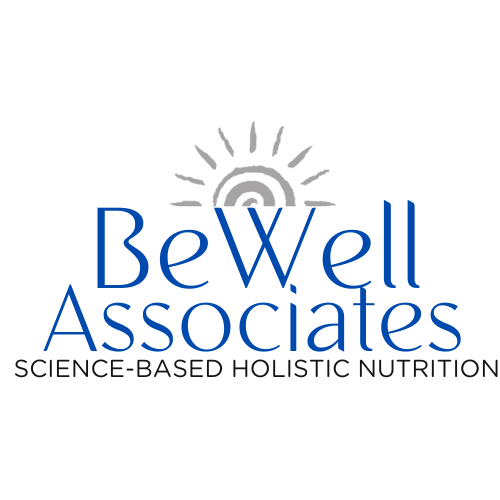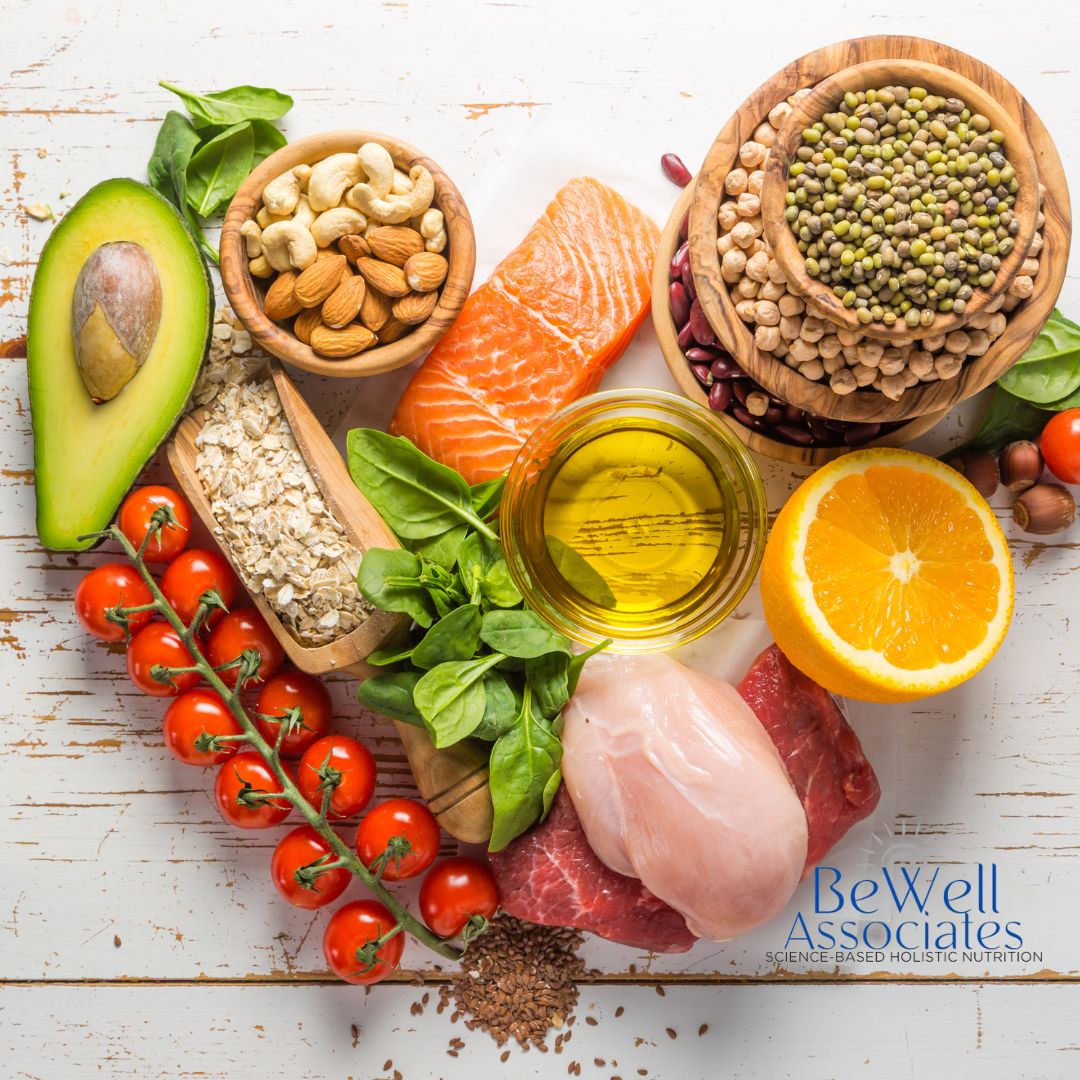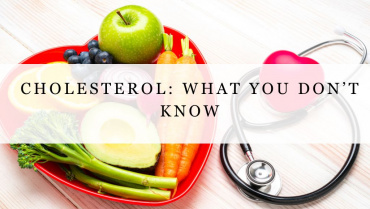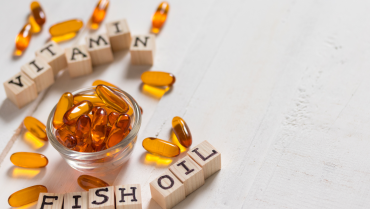CoQ10 is short for Coenzyme Q-10, also known as ubiquinone, because it is ubiquitous or exists everywhere in our bodies. It is most concentrated in the high energy-demand parts of our bodies, such as the heart and kidneys.
CoQ10 is crucial in the conversion of food into energy and it fuels the mitochondria, which are the little furnaces inside each cell. SO think fuel, producing heat and energy.
It also scavenges free radicals and strengthens cell membranes, especially in the heart. Data from many studies demonstrate that CoQ10 prevents damage from heart attacks and heart surgery of any type. Studies from Japan show favorable effects on congestive heart failure, angina and arrhythmia. It may also decrease elevated blood pressure. A high percentage of people with some form of cardiac disorder have low CoQ10 levels and they get lower with advancing age, just when we could benefit from more! As a strong anti-oxidant, CoQ10 also protects vision; our CoQ10 levels in the retina may decline by 40% as we age.
Because of its important role in energy production and cell protection, it makes sense to optimize this key nutrient.
What are some signs of CoQ10 deficiency?
- cardiovascular problems including angina, arrhythmia, heart failure and high blood pressure
- problems with blood sugar regulation
- gingival (gum) health/bleeding gums
- stomach ulcers
- statin use: those taking medication to reduce cholesterol levels are unknowingly also blocking their body’s ability to synthesize CoQ10. The resulting low CoQ10 levels in can then contribute to the common side effects of statin therapy such as fatigue and aching joints and muscles.
- Beta blockers such as atenolol (Tenormin), labetolol (Normodyne), metoprolol (Lopressor or Toprol), and propranolol (Inderal) lower COQ10.
- Tricyclic antidepressants such as amitriptyline (Elavil), doxepin (Sinequan), and imipramine (Tofranil) lower COQ10.
We can measure CoQ10 levels through testing that we offer here at BeWell Associates.
Through a simple urine sample, we evaluate whether there are sufficient amounts of CoQ10 available to produce energy in the Citric Acid Cycle.
Where do we get CoQ10? Foods such as beef heart, sardines, peanuts, spinach, and oils from soybean, sesame, and rapeseed (canola) are good dietary sources.
Do we need to supplement? Most nutrition experts, including Dr. Andrew Weil, say YES! The typical American diet includes only approximately 10 mg of CoQ10 daily, which is a far cry from the 100 mg that Dr. Weil regards as optimal.
How much do we need? Most people take between 100-200 mg but the dose would depend on the reason for using it. There are experimental uses of CoQ10 in doses as high as 1,200 mg, for conditions such as Parkinson’s, muscular dystrophy and Alzheimer’s. Many cardiologists are using typical doses of 200-300 mg for their patients, especially those with heart disease or on statins. Just depends on what you are trying to achieve.
What is the best way to supplement this important nutrient? One consideration is that as we age we are less able to convert ubiquinone into the active form, ubiquinol. But the latter is quite pricey. So here are some guidelines to help you choose which form would be best for you. If any of these apply to you, you may not be able to efficiently convert ubiquinone into ubiquinol and so should use the ubiquinol (CoQnol) form:
- Older individuals /People over 50
- Hyperlipidemia, including those on statin therapy (statin drugs are known to lower CoQ10 levels)
- Liver disease
- Mitochondrial disorders
- Congestive heart failure
- Aging
- Genetic CoQ10 deficiencies
- Exercise intolerance
- People with digestive problems or on antacids
Monica Montag, MA, HHP, CN





Add Comment